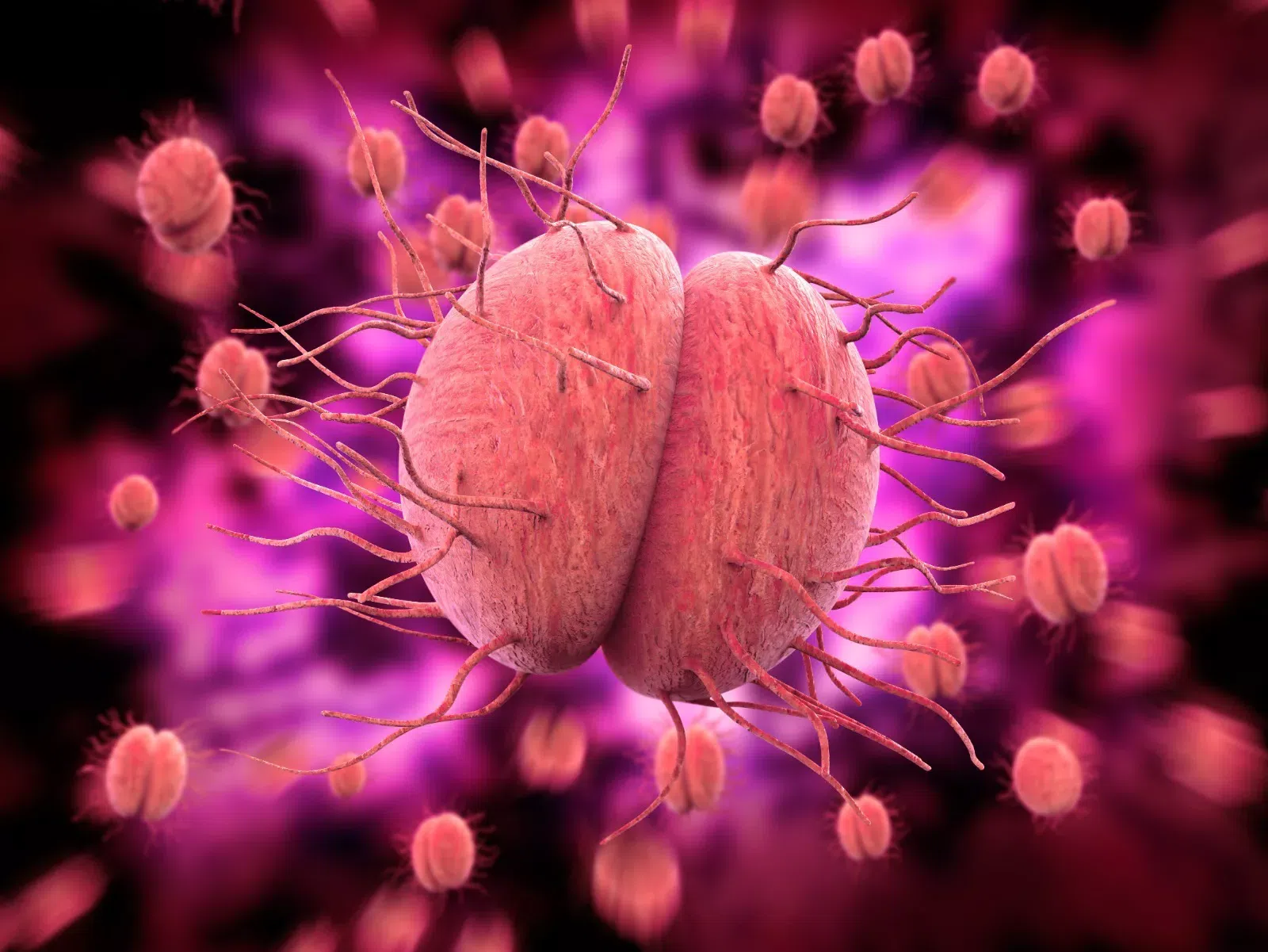Gonorrhea is a sexually transmitted infection (STI) caused by a bacterium called Neisseria gonorrhoeae. It’s the second most common bacterial STI worldwide, just behind chlamydia.
Anyone who is sexually active can get gonorrhea and pass it to their partner. In some cases, babies can also get gonorrhea during childbirth, most commonly affecting their eyes.
ALSO READ: STD that can be spread through kissing
How Does Gonorrhea Spread?
Gonorrhea is spread through sexual fluids (semen or vaginal fluid). You can get it from:
-
Vaginal sex
-
Oral sex
-
Anal sex
-
Sharing unwashed sex toys
Avoiding sex entirely prevents gonorrhea. However, you can reduce your risk by:
-
Using condoms during sexual activity
-
Being in a mutually monogamous relationship where both partners are uninfected
-
Getting regular STI tests if you’re sexually active
RELATED: Causes, symptoms and prevention of genital herpes
Does Gonorrhea Always Show Symptoms?
No. Many people never develop symptoms, especially women. Up to 50% of women may not notice signs at all, which makes it easy to pass the infection unknowingly. When symptoms do appear, they usually show up within 2 weeks of exposure, but sometimes much later.
According to Dr. O.A. Salako, Senior Registrar, OnG department, University of Ilorin Teaching Hospital:
It is very common for women to contract Gonorrhea because they are carriers and most times asymptomatic. Making it easy for her to spread to their male partner. If a woman has unprotected sex with an infected male, her risk of contracting Gonorrhea is 50-70% per exposure. Many women don’t present early because 70-80% have mild symptoms. They only present when Pelvic Inflammatory Disease has set in.
RECOMMENDED: 5 major differences between UTI and STI
Symptoms of Gonorrhea
One may not have symptoms of gonorrhea for several weeks after the infection enters your body. Your immune system may not recognise it as an infection right away. On average, most people experience symptoms within two weeks (14 days).
In Women
-
Increased or unusual vaginal discharge (white or yellow)
-
Painful urination
-
Bleeding between periods or after sex
-
Pain in the lower abdomen or pelvis
-
Pain during sex
In Men
-
Urethral discharge
-
Painful/Burning Urination
-
Itching and tingling sensation in the Urethral
-
Redness on the tip of the penis
-
Testicular Pain (occasionally)
What Happens If Gonorrhea Is Untreated?
Some people mistakenly believe gonorrhea will clear up on its own, but it never does. Dr. Salako explains that the bacteria live within the epithelium of the genital tract, so it has an affinity for the genital tract, and they grow better here. Although the body can attempt to clear it off, it stays back as a residual infection.
For men, Dr. Salako lists the consequences of leaving gonorrhea untreated, and they are:
-
Persistence Urethral discharge
-
Painful Ejection and Painful urination.
-
Dissemination of the Gonococcal infection, which can manifest as skin lesions, septic arthritis and widespread infections.
-
It can lead to stricture (scarring with narrowing of the urethra)
-
It could lead to Chronic Pelvic Pain
In women, if left untreated, gonorrhea can cause serious long-term complications like:
-
Pelvic Inflammatory Disease (PID): infection spreading to the uterus and fallopian tubes
-
Infertility or trouble getting pregnant
-
Ectopic pregnancy (life-threatening pregnancy outside the womb)
-
Passing infection to babies during childbirth, which can cause blindness
Dr. Salako warns that men often contract gonorrhea through unprotected sex with an infected woman, and stresses that re-infection is very common when only one partner receives treatment while the other remains untreated.
If you’ve been having unprotected sex, it’s important to get tested for STIs like gonorrhea. And if you’re already experiencing any of the symptoms listed above, see a doctor immediately to prevent further complications.
RECENT: Do Nigerian women have to change their surname after marriage?
>
